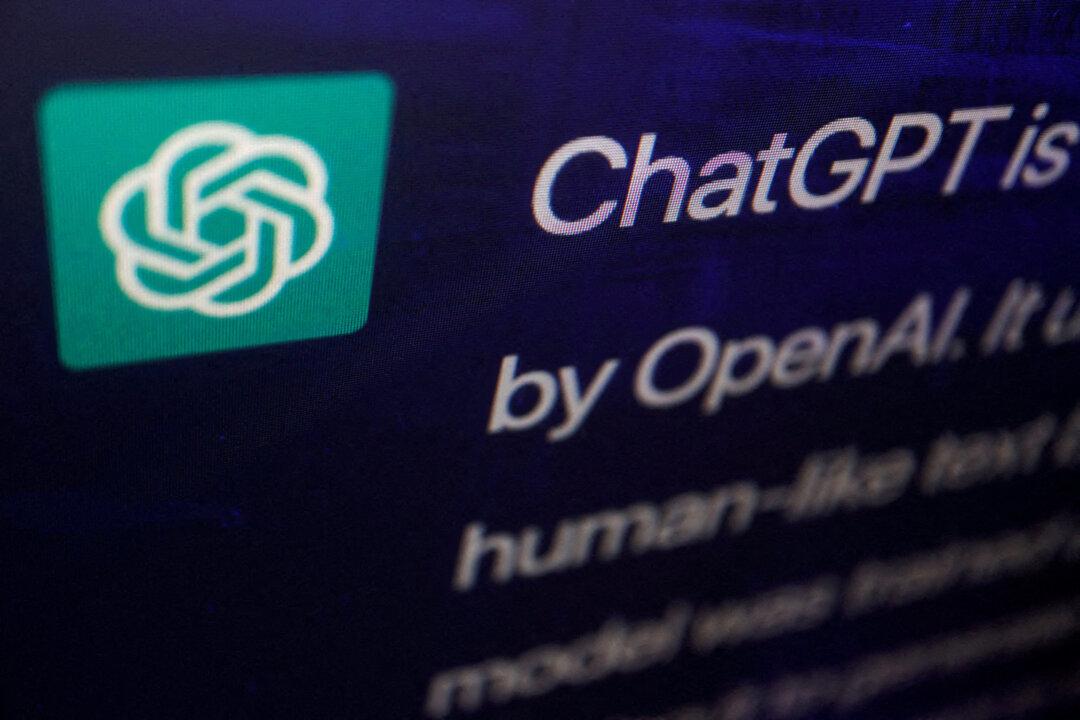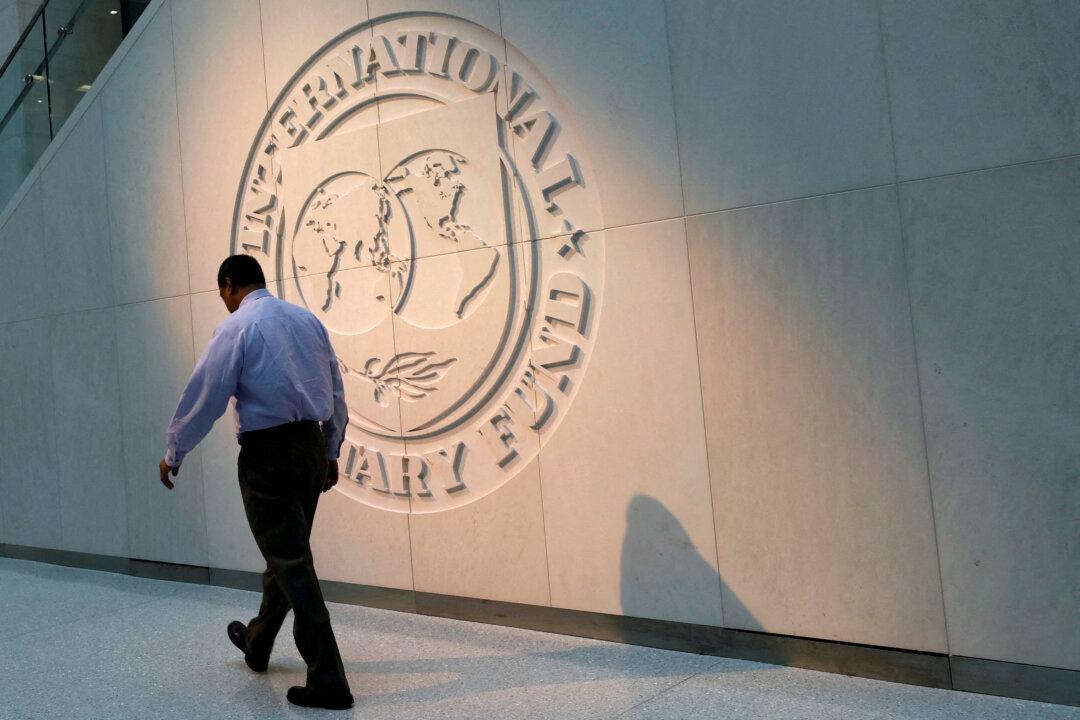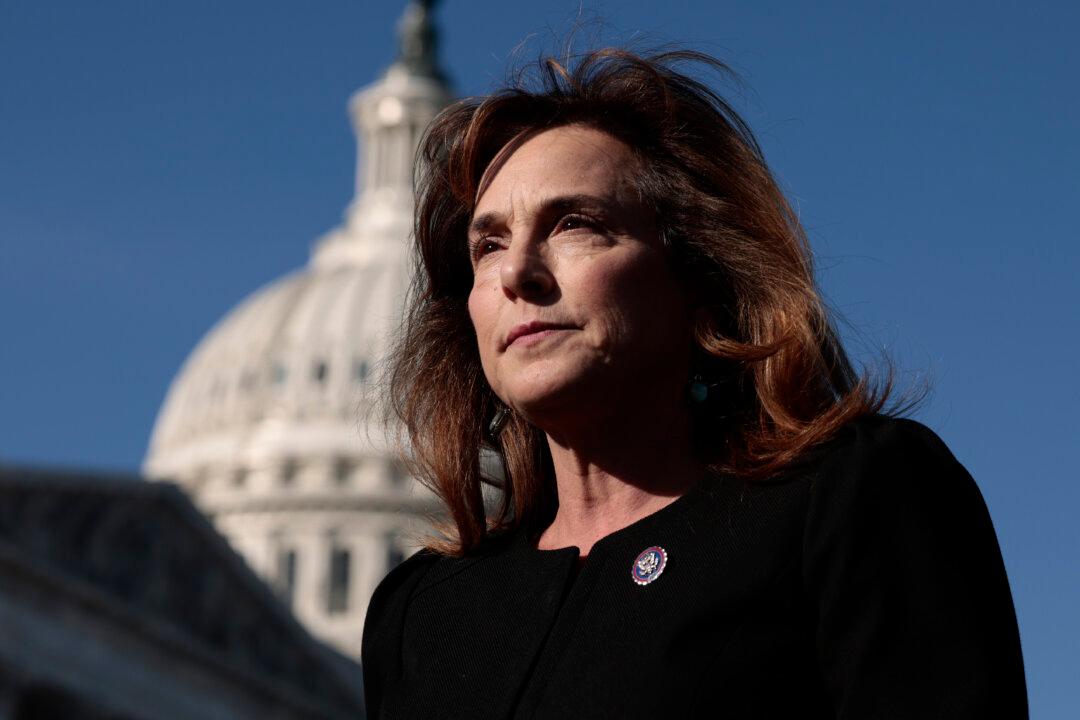Microsoft President Brad Smith called for artificial intelligence developers to exercise “self-restraint” and “responsibility” in shepherding this new technology’s path.
During his April 12 conversation at Semafor’s World Economy Summit, Smith also emphasized the need to reign in the nascent industry from a regulatory standpoint.




